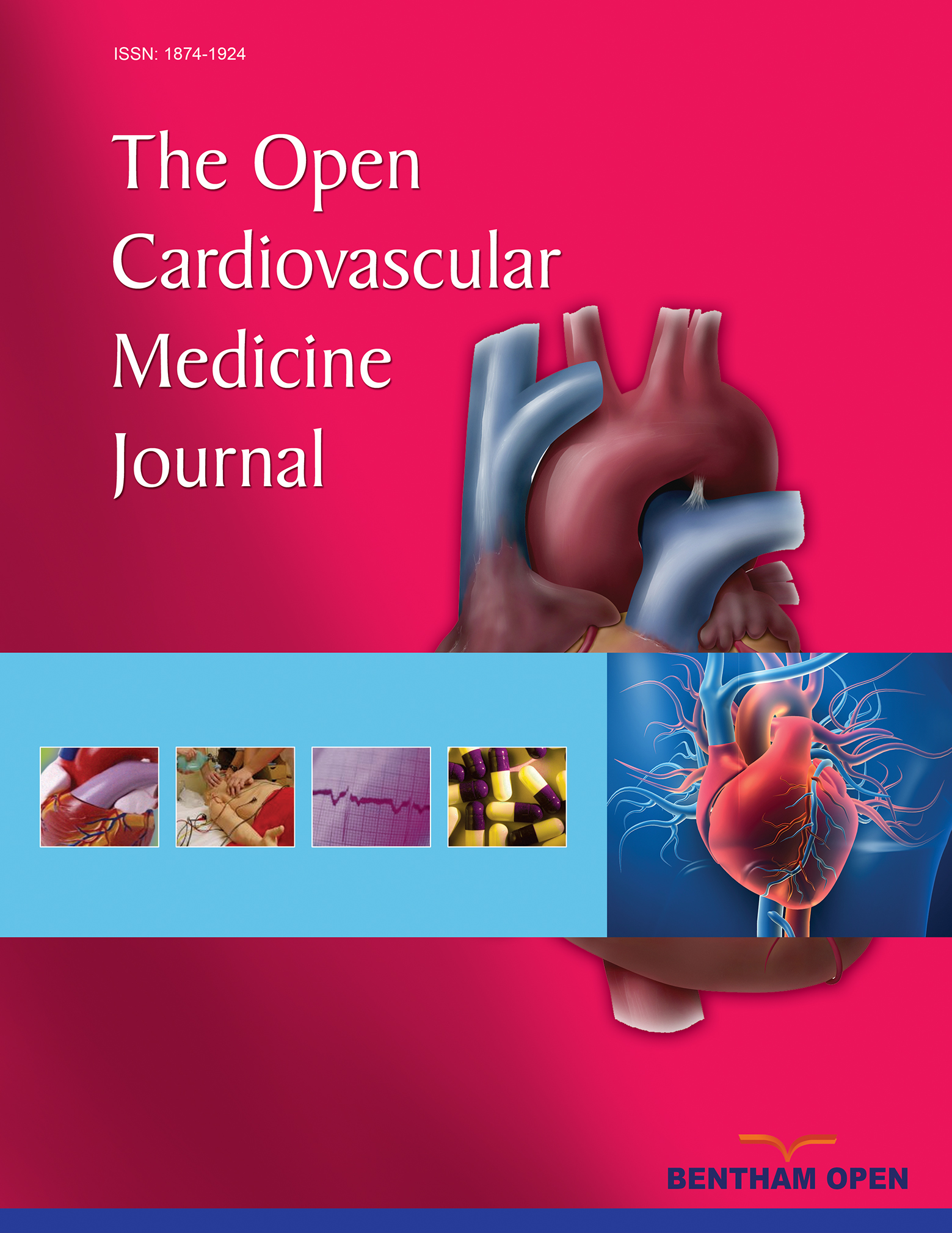All published articles of this journal are available on ScienceDirect.
Beta-blockers Associated with a Mortality Benefit in Patients with Systolic Dysfunction and Elevated Serum Bilirubin
Abstract
Background:
Hyperbilirubinemia is associated with increased mortality in heart failure (HF) patients. We evaluated the impact of evidence-based medical therapy, in particular beta-blocker on the survival of patients with HF and hyperbilirubinemia.
Methods and Results:
We reviewed the charts of all patients followed at our tertiary care heart failure clinic. Hyperbilirubinemia was defined as total bilirubin >30 µmol/L (1.5 times the upper limit of our laboratory value). The primary endpoint was all-cause mortality. The secondary endpoint was a composite of death, cardiac transplant or ventricular assistance device implantation (VAD). Of 1035 HF patients, 121 patients (11.7%) had hyperbilirubinemia. Median follow-up was 556 days. Hyperbilirubinemia was associated with an eight-fold increase in all-cause mortality, hazard ratio (HR): 8.78[95% Confidence Intervals (CI): 5.89-13.06]. Beta-blocker use was associated with approximately 60% reduction in all-cause mortality (HR: 0.38, 95% CI:0.15-0.94) and 70% reduction in the composite secondary endpoint (HR:0.31, 95% CI:0.13-0.71) in patients with hyperbilirubinemia.
Conclusion:
HF patients with hyperbilirubinemia have increased early mortality, need for cardiac transplantation or VAD. Beta-blocker use was associated with early survival benefit in these patients. Bilirubin levels should be monitored in patients with HF and early initiation of beta-blockers in patients with hyperbilirubinemia should be considered.


